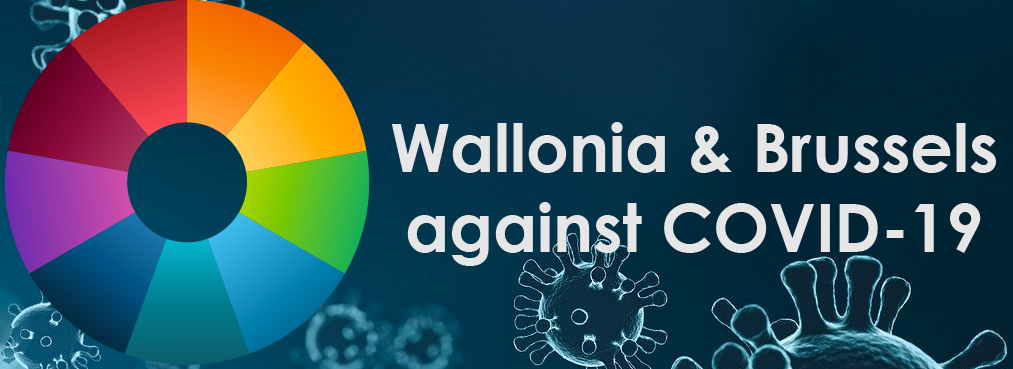Cécile OURY, FNRS Research Director
GIGA - ULiège - FNRS
" Covid-19 is associated with a high risk of thrombotic disease, both in the venous and arterial circulations. As President of the Belgian Society on Thrombosis and Hemostasis (BSTH), I am coordinating the creation of national algorithms for thromboprophylaxis and anticoagulation of Covid-19 patients by a group of experts. These algorithms will be included in the Sciensano Covid-19 guidelines. "
Publication References: In preparation
Contact: Cécile Oury, PhD President of the Belgian Society on Thrombosis and Haemostasis Research Director F.R.S.-FNRS Head of the Laboratory of Cardiology GIGA-Cardiovascular Sciences University of Liège (B34) 1 Avenue de l'Hôpital 4000 Liège (Sart-Tilman) Belgium Tel: +32 (0)4 366 24 87 This email address is being protected from spambots. You need JavaScript enabled to view it.


